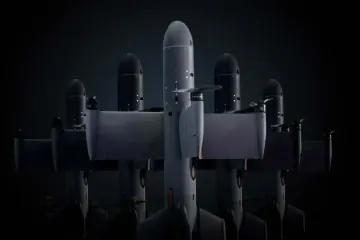- Category
- Opinion
How Ukraine’s “Angels” Patronage Service Helps Wounded Soldiers — 85% Return to Fight the Russian Invasion
When Russia launched its war against Ukraine in 2014, thousands of volunteers stepped forward to defend the country. Many would go on to form the backbone of some of the most capable brigades in the Ukrainian Armed Forces.
From the earliest battles, it became clear that caring for our comrades could not end on the battlefield. Our soldiers needed the certainty that if they were wounded or killed, someone would be there—for them and for their loved ones.
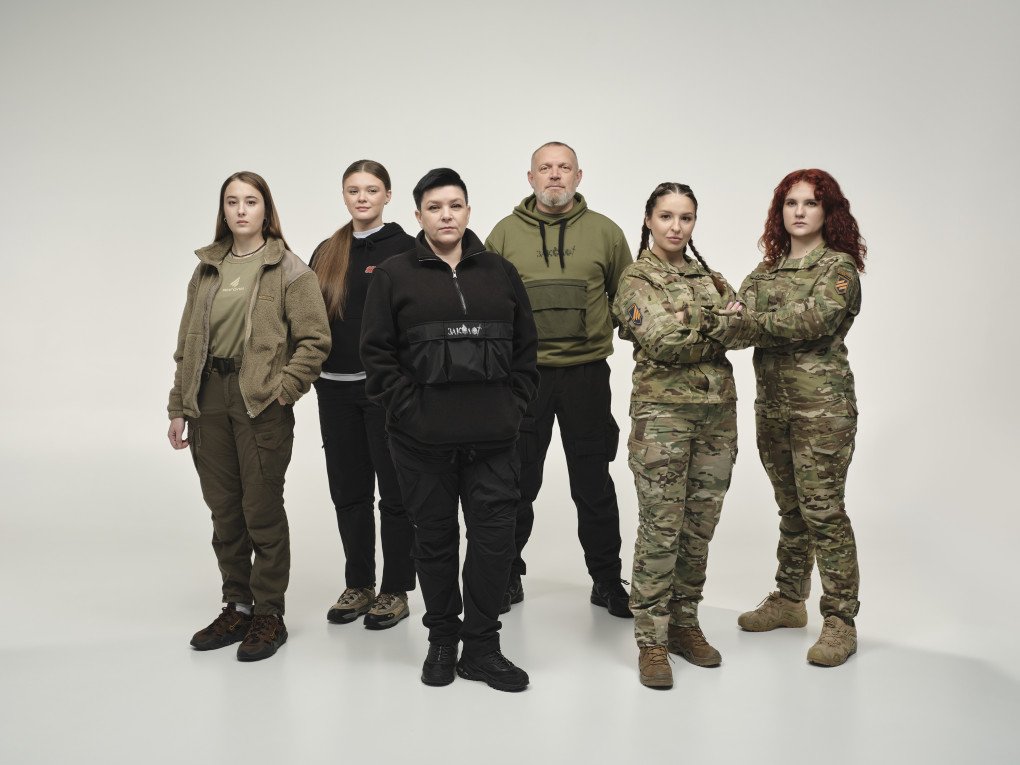
To fulfill this need, the founder of the Azov movement, Andrii Biletskyi, created the unique “Angels” Patronage Service. Under the leadership of Olena Tolkachova, callsign “Haika,” over 11 years, the service has become the foundation for the creation of the Military Support Services for the entire Ukrainian army.
It all started as a volunteer wing of the Azov Regiment (now the Azov Brigade), made up of myself and four other fearless veterans. We had to act as the rear support, ministries, government agencies, and services for our wounded, covering every need—from evacuation and hospital transfers to securing quality medicine.
With the start of Russia’s full-scale invasion in 2022, it became necessary to expand into a full military unit within the 3rd Assault Brigade. Eventually, our care extended to two brigades: the 3rd Assault Brigade and the the 12th Special Forces Brigade Azov within the Ukraine’s National Guard. Over three years of full-scale war, we’ve successfully helped about 8,000 wounded soldiers. This is a significant number, especially considering some are injured five or six times a year—and each time, we work to help them recover and return to duty.
Thanks to the work of the “Angels,” 85% of wounded soldiers return to the frontlines—a record-high rate within Ukraine’s Armed Forces. We’ve achieved this result through effective medical case management. We know exactly where each wounded soldier is after evacuation and their condition. We know where to transfer them and to which specialist to speed up recovery.
The “Angels” core principle: never leave our own behind.
Commander of the “Angels” Patronage Service
If our medical coordinators see that rehabilitation is ineffective or a prosthetic is unsuitable, we change the facility or the specialists. We never allow anyone to extort bribes from our soldiers or show indifference to their condition. After three years of intense warfare, nearly every medical facility in the country knows our service and what we are capable of when it comes to protecting the interests of a soldier under our care. That’s why our people receive the very best our country can offer.
Given these results, Commander-in-Chief Oleksandr Syrskyi decided in 2024 to involve the “Angels” Patronage Service in developing approaches to establish Military Support Services, with the goal of increasing the number of soldiers returning to duty.
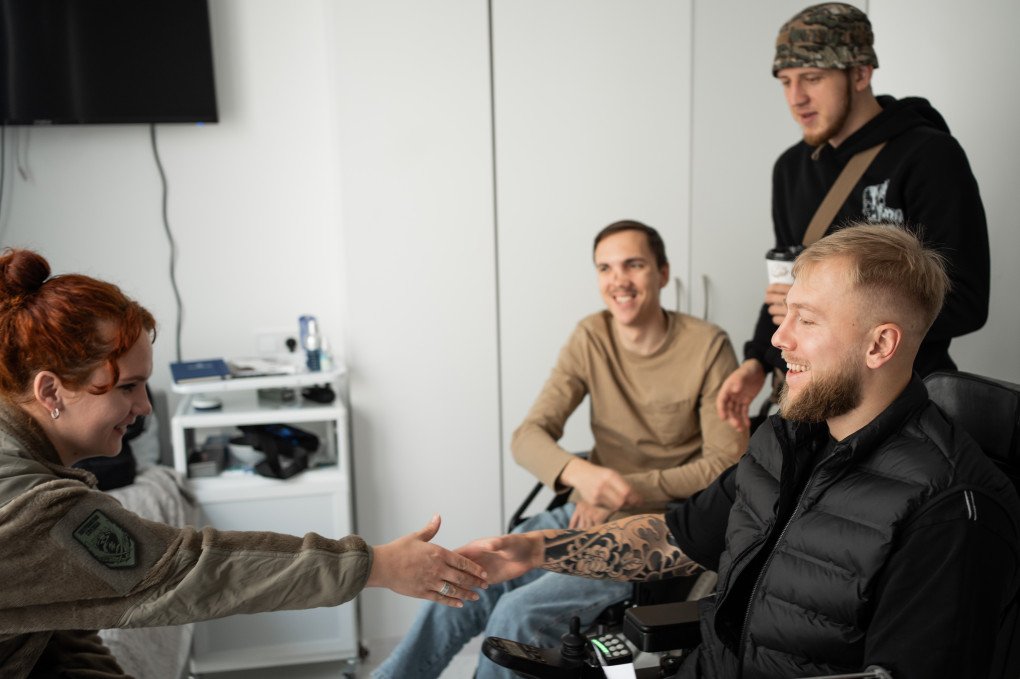
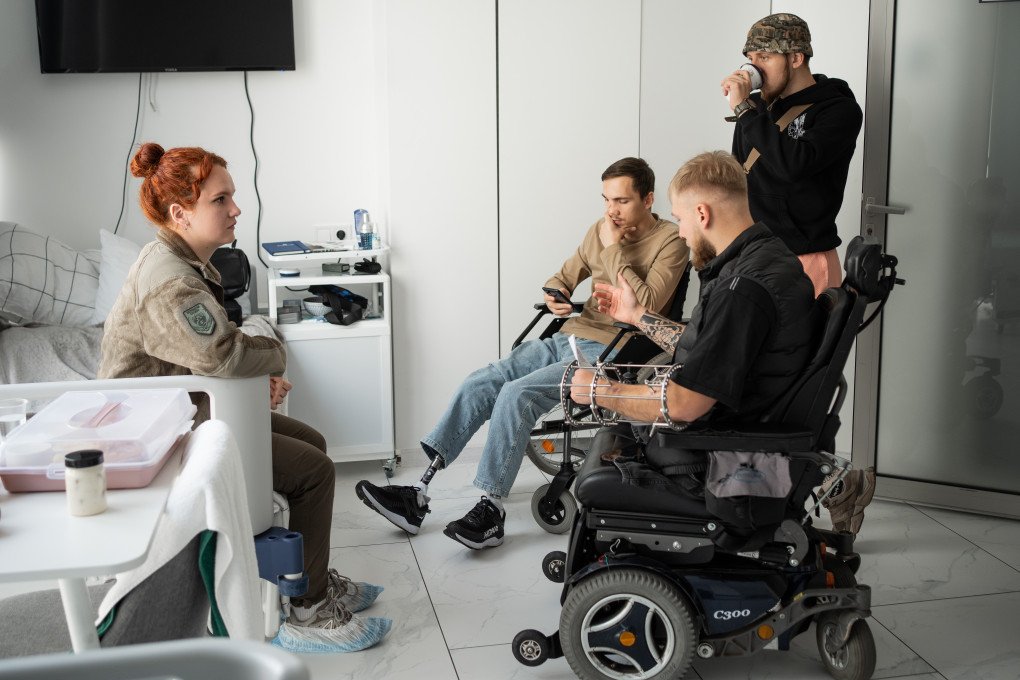
A dignified farewell
Honoring those who gave their lives for their country is just as important as their service. To ensure this, our team has developed a unique protocol for farewell ceremonies. The Department of Work with the Fallen and their Families manages everything needed to provide a dignified burial and offer support during this difficult time.
Once the family is notified of their loved one’s death, all further communication is handled by the Patronage Service. We take full responsibility for organizing the burial or cremation and arranging an honor guard and a military band.
We also make sure the fallen soldier’s final wishes are respected. These requests can vary, often non-traditional—such as scattering ashes in meaningful places like Hoverla Mountain or Kholodnyi Yar . Some comrades’ ashes are kept in a special place, as their final wish was to be scattered in Mariupol. Others request a Cossack march to be played or a farewell ritual with pagan priests.
As a sign of respect, we craft unique coffins adorned with the brigade’s insignia. Only soldiers of the 3rd Separate Assault Brigade are honored with such coffins. Our military movement has its own distinct aesthetic, and these coffins are an important element in giving the fallen a fitting tribute. If death has already occurred, the farewell must be dignified.
Another crucial aspect of our work is preventing soldiers from being classified as “missing in action.” We operate at body evacuation points along the frontlines, where our members examine the deceased and, when possible, identify them using our extensive database, compiled over the years.
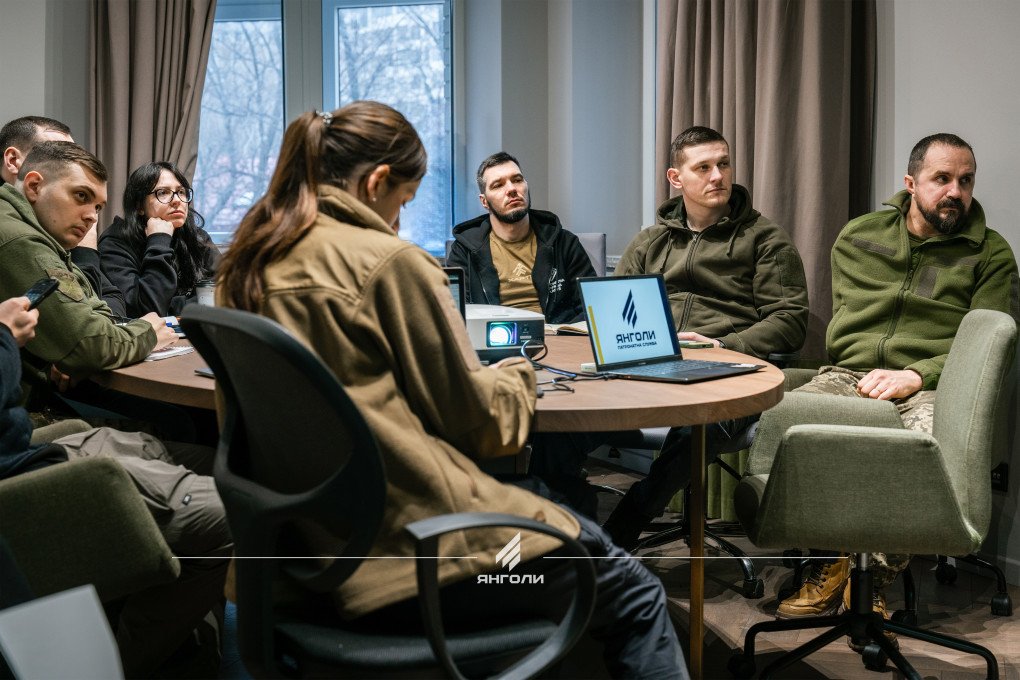
Work with prisoners of war and the missing in action
Another vital area of the service’s work is accelerating search efforts to assist prisoners of war and missing soldiers.
The Department of Work with the POWs , the MIAs , and their Families collects and transmits information to relevant state authorities, ensuring rapid data exchange.
The core work includes communicating with families, gathering and processing critical information, monitoring Russian resources to locate captured soldiers, and providing legal and organizational support to families in securing official status for their loved ones.
The missing are one of the most painful aspects of this war. Even if fellow soldiers witnessed a comrade’s death but the body could not be evacuated, families continue to live with hope for a miracle. They live in a painful limbo, suspended between life and death. It is heart-wrenching to know the worst but have no body to bury or time to grieve.
The “Angels” core principle: never leave our own behind. The families of the fallen and our veterans can always rely on our support. None of our comrades will ever be forgotten. This is why, when we created the Military Support Services within the Ukrainian Armed Forces, drawing from our own experience, we reinforced our mission: to build an army that is human-centered and a society that is veteran-focused.
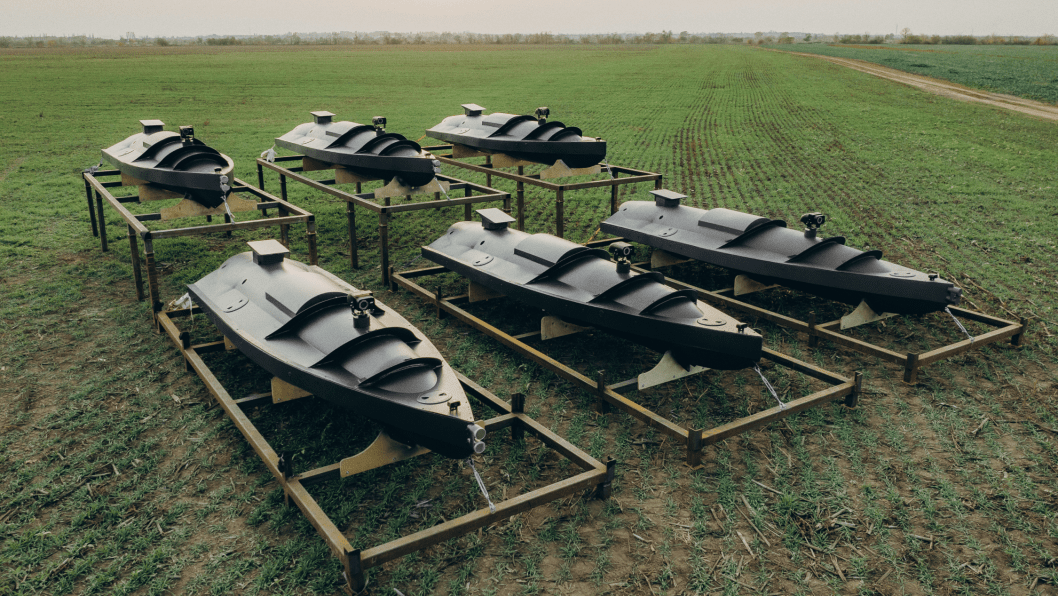
-c3b1200f7acd7192b66c93e65940e9b0.jpg)
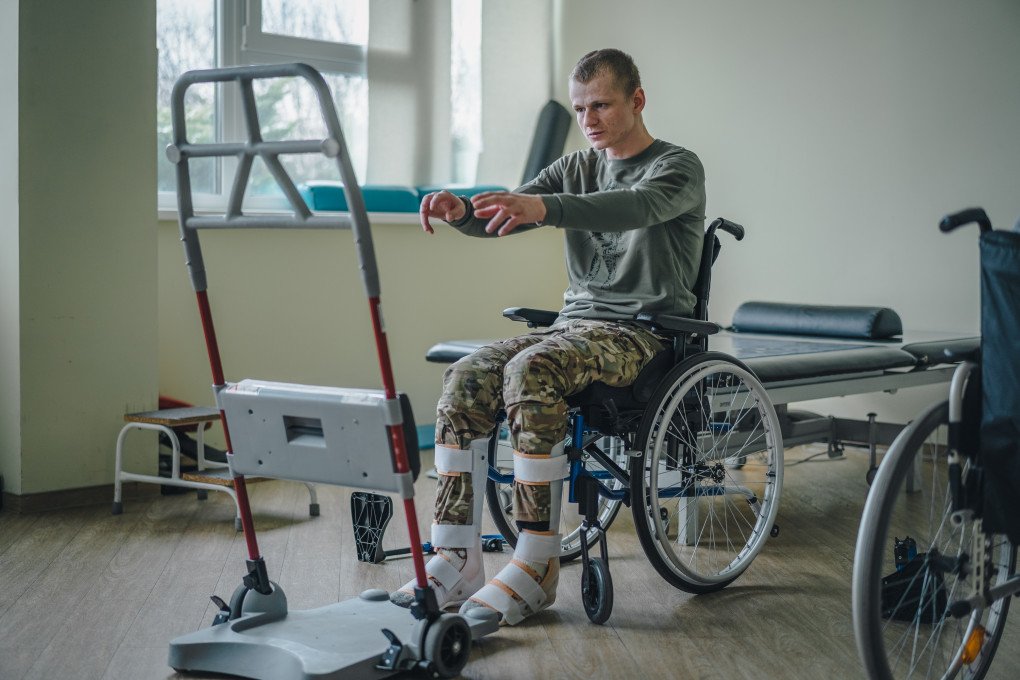
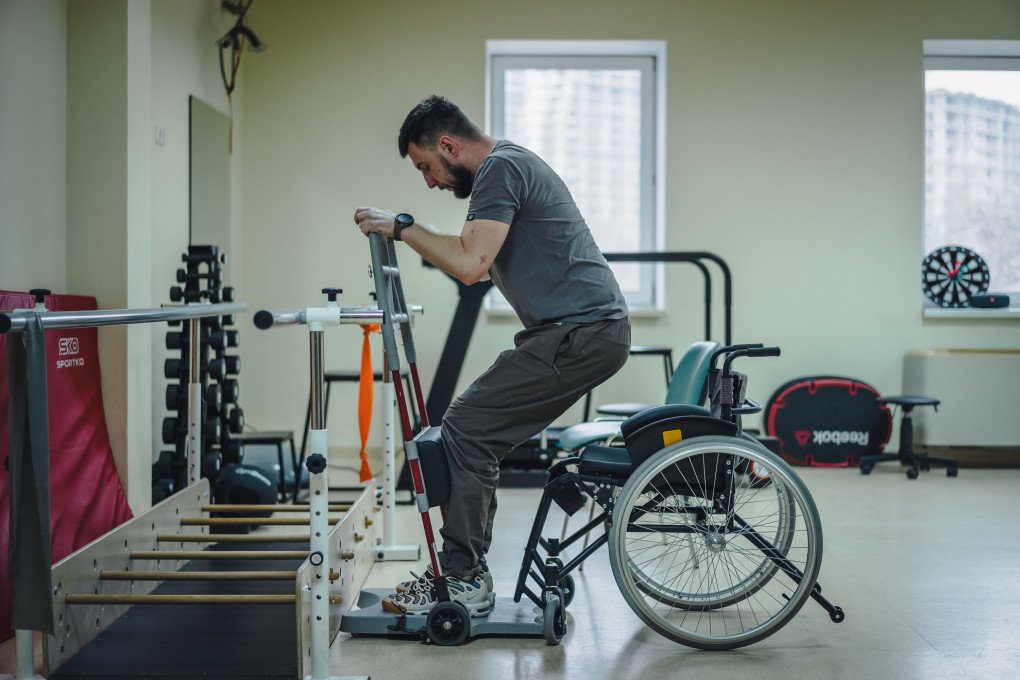
-2c683d1619a06f3b17d6ca7dd11ad5a1.jpg)

-da3d9b88efb4b978fa15568884ef067f.jpg)
-73e9c0fd8873a094288a7552f3ac2ab4.jpg)
-f3bede69822b36ac993a6cd5b65014f9.png)

